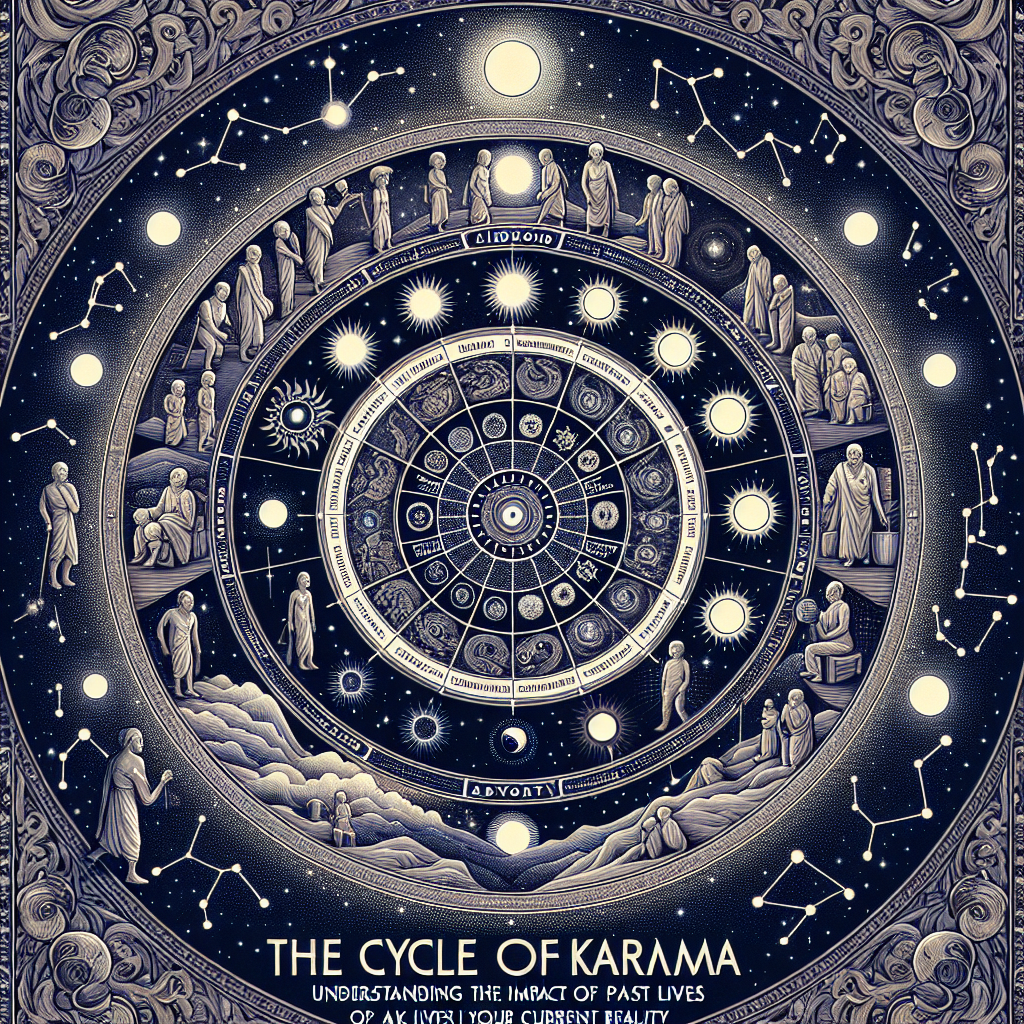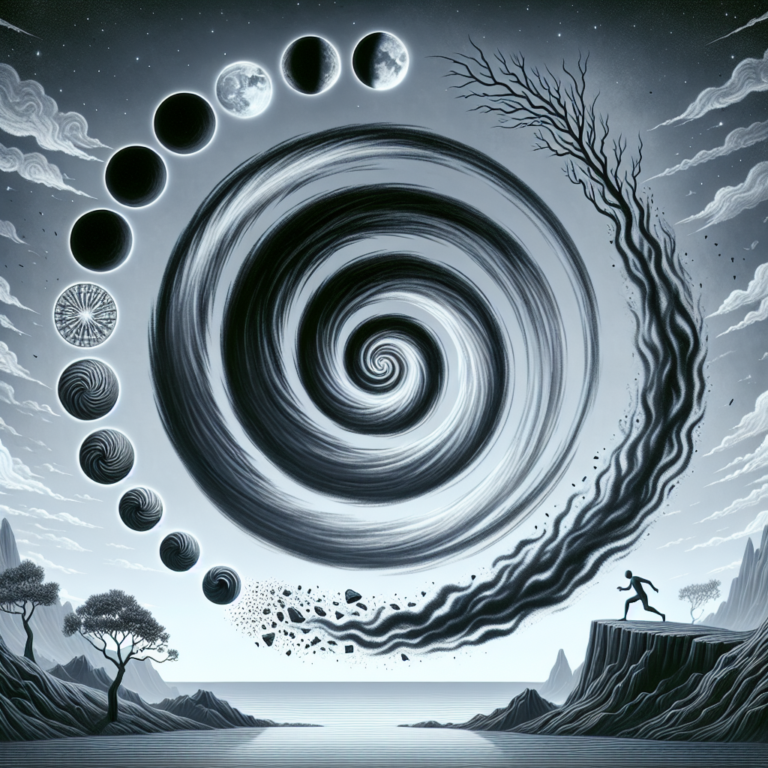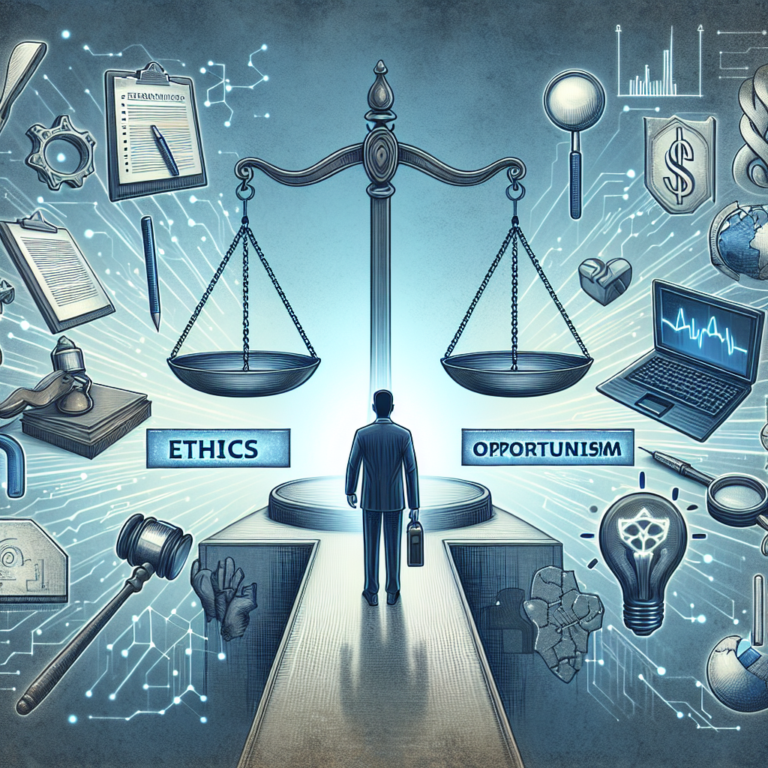Karma, a term frequently invoked in discussions around morality, justice, and rebirth, originates from ancient Indian philosophies and is intricately woven into various spiritual traditions, including Hinduism, Buddhism, and Jainism. It refers to the idea that our actions—be they good or bad—generate consequences that can transcend our current existence and influence future lives. This intricate web of cause and effect forms what is commonly understood as the Cycle of Karma. To appreciate the depth of this concept, it’s essential to delve into how our past lives can impact our current reality.
The Concept of Karma
At its core, karma is the principle of cause and effect, highlighting that every action has its consequences. This principle transcends not just personal actions but extends to intentions, thoughts, and emotions as well. The concept can be woven into both an ethical framework for daily living and a philosophical outlook on existence, prompting individuals to take responsibility for their actions, knowing that these will manifest outcomes either in this life or future incarnations.
The idea of karma isn’t limited to negative actions alone; good deeds, compassion, and selflessness accumulate their own form of ‘positive karma’. The cyclical nature of karma suggests that every action creates a kind of energy that will come back to affect the doer, thus shaping one’s destiny most fundamentally.
Understanding Past Lives and Reincarnation
The belief in reincarnation—that one’s soul is reborn into a new body after death—plays a pivotal role in the understanding of karma. In many Eastern philosophies, the soul takes multiple journeys across different lifetimes, with each life presenting unique challenges, lessons, and experiences shaped by past actions.
These past lives are believed to hold the key to current behaviors, personality traits, relationships, and life circumstances. For instance, someone who faced tremendous hardship in a past life may emerge with resilience or empathy, while unresolved issues may manifest as fears or phobias. This connection between past and present suggests that our current reality is not merely a random phenomenon but a continuum of the soul’s journey.
The Cycle of Birth, Death, and Rebirth
The cycle of birth, death, and rebirth—known as Samsara—is an integral part of how karma operates. Here, individuals navigate through various experiences, accruing karma that impacts future lives. The moral weight of our actions, both good and bad, influences where and how one is reborn. Engaging in positive actions fosters good karma and can lead to favorable rebirths, while detrimental actions create negative karma that may result in more challenging circumstances in future existences.
This cyclical nature emphasizes the importance of spiritual growth throughout countless lifetimes. Ultimately, the goal is to attain liberation, known as Moksha or Nirvana, which transcends the cycle of Samsara. Achieving this state requires an understanding of oneself, a release from material attachments, and a commitment to living in alignment with higher spiritual truths.
Living in Harmony with Karma
Understanding the Cycle of Karma encourages individuals to live mindfully and ethically. Recognizing that today’s actions can create ripples into the future establishes a framework for personal responsibility. Here are some practical steps for living in harmonization with the principle of karma:
Awareness of Actions: Reflect on your daily behaviors and the intentions behind them. This awareness can help you make more conscious choices.
Embrace Compassion: Cultivating empathy and practicing acts of kindness can foster positive karma, resulting in a more fulfilling existence.
Forgiveness: Holding onto grudges generates negative energy. Releasing these feelings can cleanse past karma and create space for personal growth.
Learning from Experiences: Each life lesson, whether deemed positive or negative, presents an opportunity for growth. Be open to the messages underlying challenges.
- Meditation and Self-Reflection: Regular practices like meditation can aid in understanding your karma and achieving clarity about past life influences on your current mindset.
The Interconnection of Collective Karma
Just as individuals embark on personal journeys through the Cycle of Karma, societies and collectives experience what is termed “collective karma.” This phenomenon includes the shared experiences and actions of groups, cultures, or even entire civilizations. Historical injustices, cultural dynamics, and environmental actions shape the collective karma of a group. Understanding such interconnected karma can help address societal issues and foster healing by bringing awareness to shared actions and their consequences.
Karma and Relationships
Relationships are a significant area where the Cycle of Karma is prominently illustrated. Soulmates, friends, and even adversaries can be tied together through past life connections and unresolved karma. Understanding that interactions in this life may stem from shared pasts can prompt a deeper level of compassion and understanding in navigating these relationships. For example, a conflict that feels persistent may have roots in unresolved issues from a former existence.
Conclusion
The Cycle of Karma stands as a profound philosophy offering insights into how our past actions shape our present and future. By understanding and embracing the interconnectedness of our choices—both good and bad—we can foster a more mindful approach to life. It encourages individuals to take responsibility for their actions and promotes growth, compassion, and ultimately, liberation.
In engaging with the Cycle of Karma, one can not only seek personal enlightenment but also contribute to the collective healing of humanity. Understanding our interconnectedness through the lens of karma enriches our experiences and fosters a more compassionate world.
FAQs
1. What is Karma?
Karma is the principle of cause and effect, where every action has consequences that can affect current and future lifetimes.
2. What role do past lives play in our current life?
Past lives influence current behaviors, relationships, and experiences. Unresolved issues from past lives may manifest as challenges or tendencies in this life.
3. How can I recognize my past life experiences?
Meditation, past-life regression, and self-reflection can help individuals explore unresolved issues or themes from past lives.
4. Can we change our karma?
Yes, by making conscious decisions that lead to positive actions and behaviors, individuals can create beneficial karma and change their future outcomes.
5. Is the concept of karma limited to individual actions?
No, it also includes collective actions and their consequences, shaping societies and cultures over time.
6. What is Moksha or Nirvana?
Moksha and Nirvana represent the liberation from the cycle of birth, death, and rebirth (Samsara), achieved through understanding and overcoming karmic cycles.
It looks like your message is incomplete. Could you please provide more details or clarify what you would like assistance with? Whether it’s a writing prompt, a question, or something else, I’m here to help!, #Cycle #Karma #Understanding #Impact #Lives #Current #Reality, #Cycle #Karma #Understanding #Impact #Lives #Current #Reality, 1734823550, the-cycle-of-karma-understanding-the-impact-of-past-lives-on-your-current-reality





